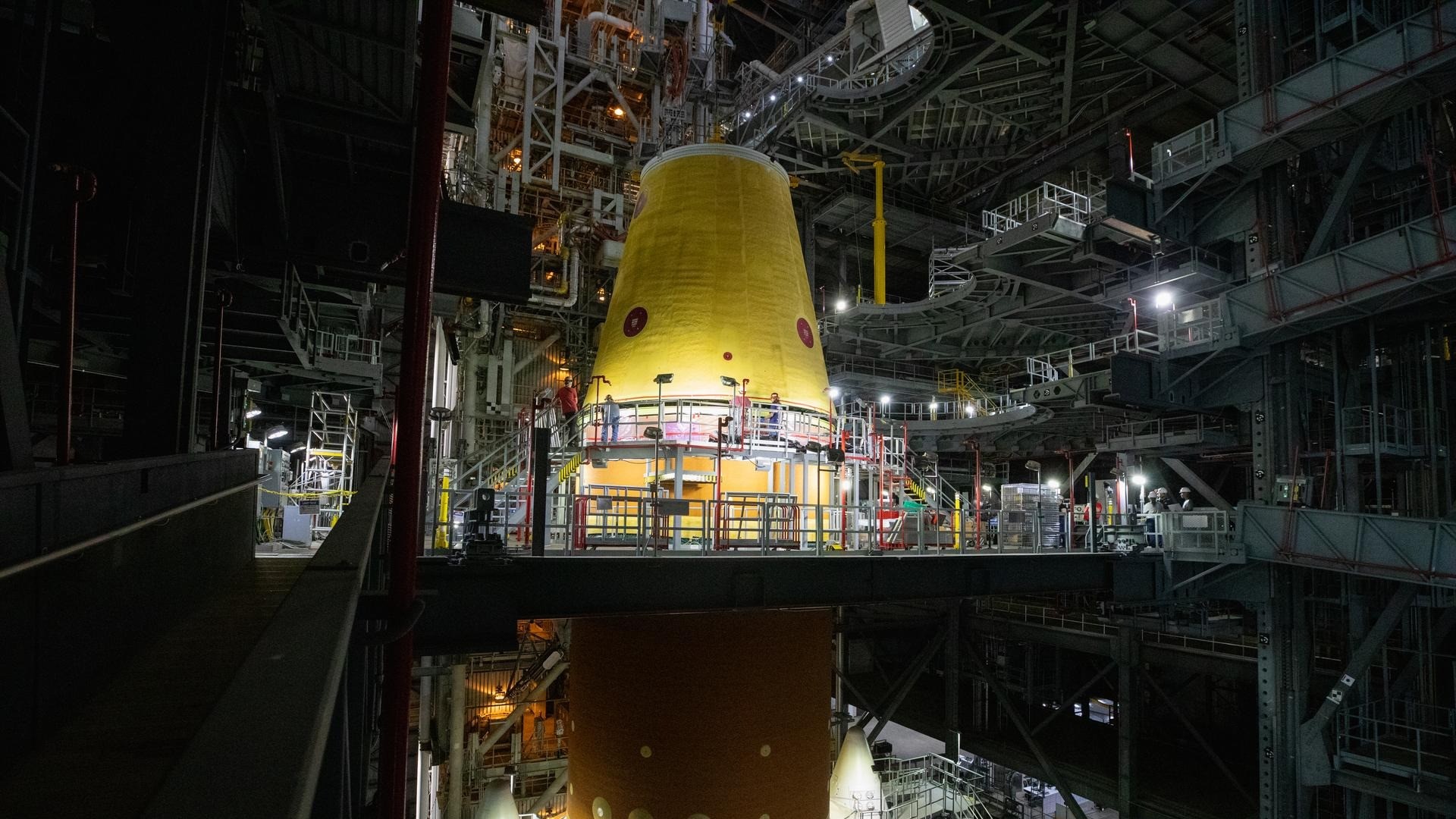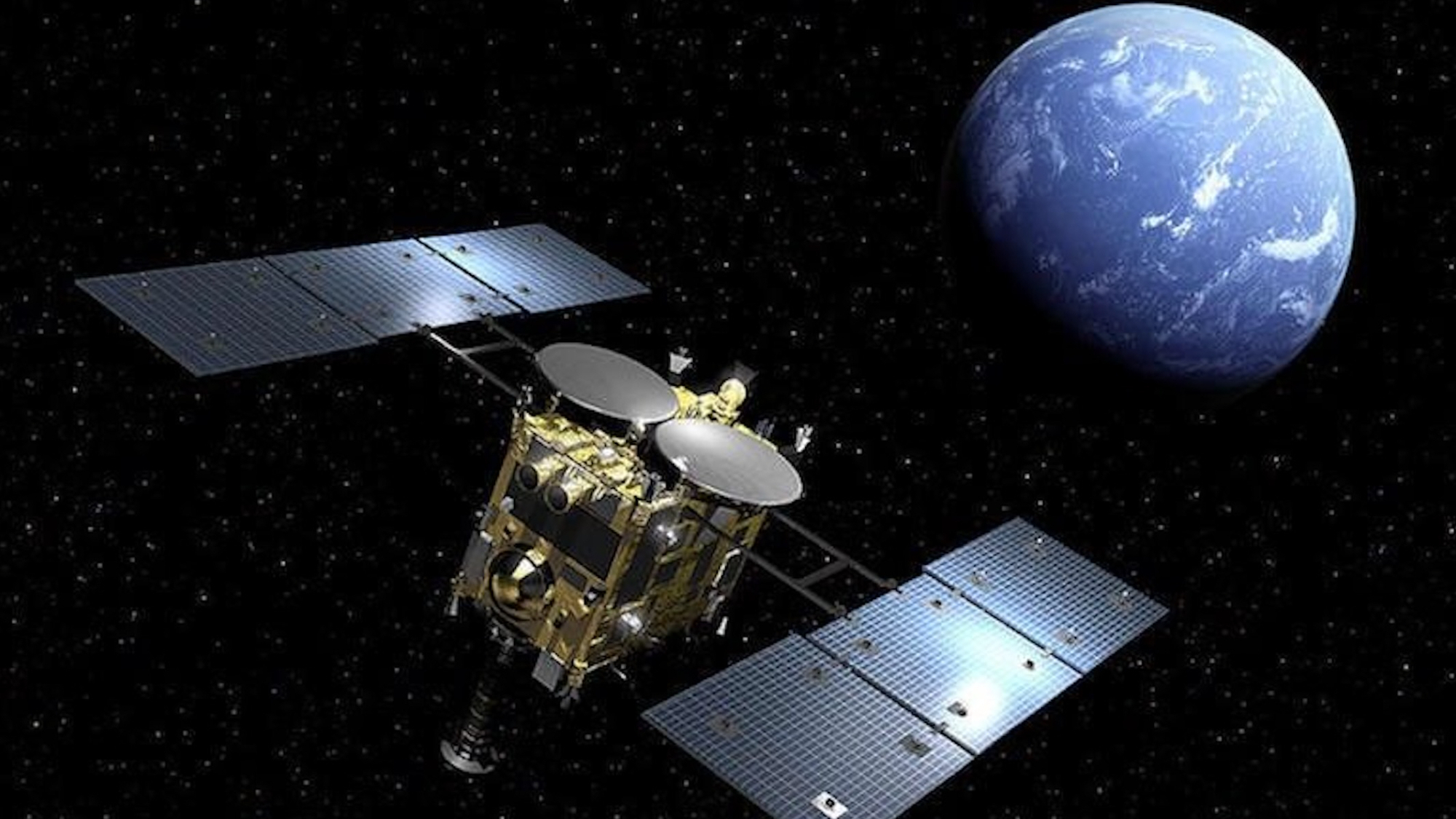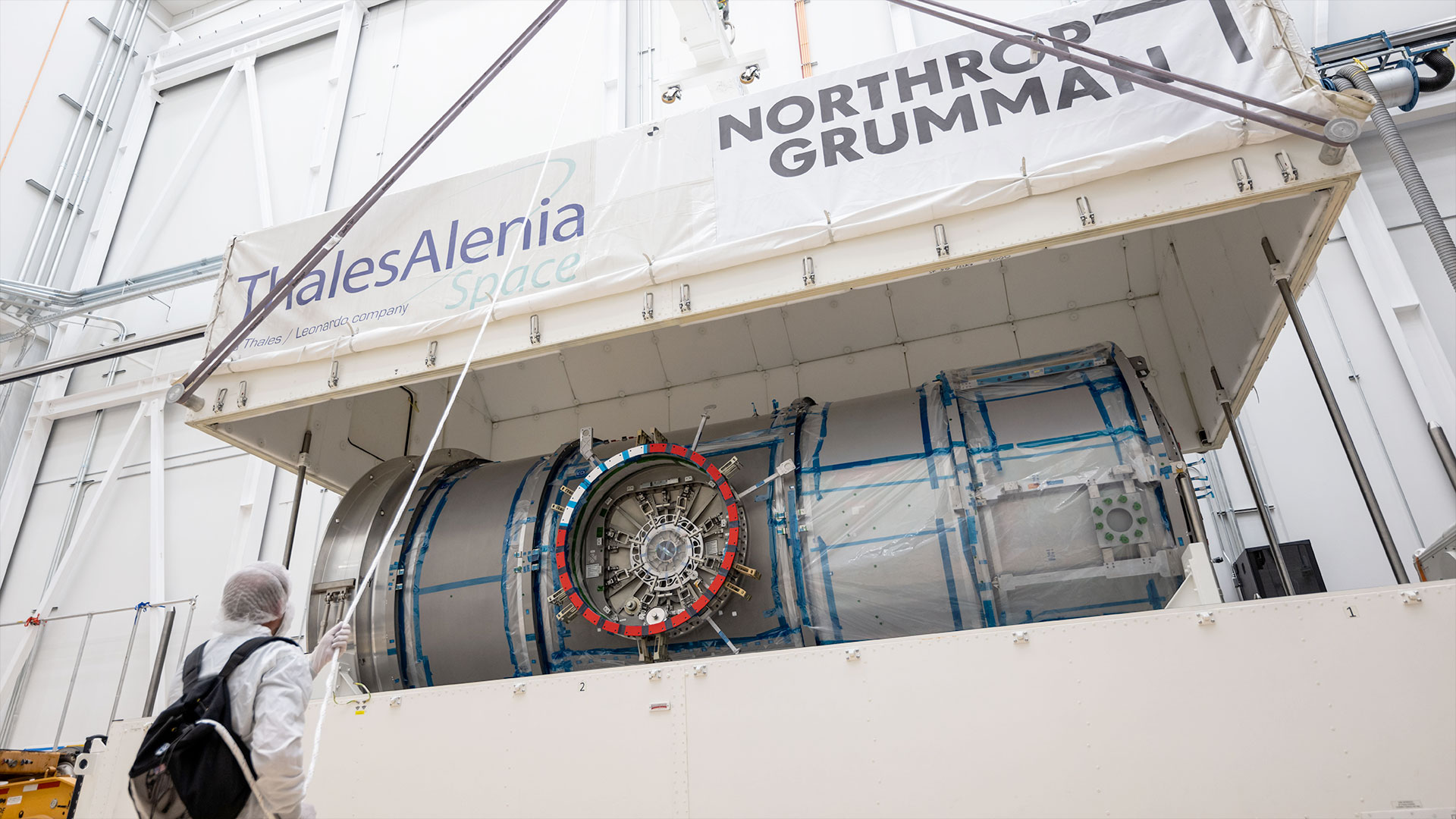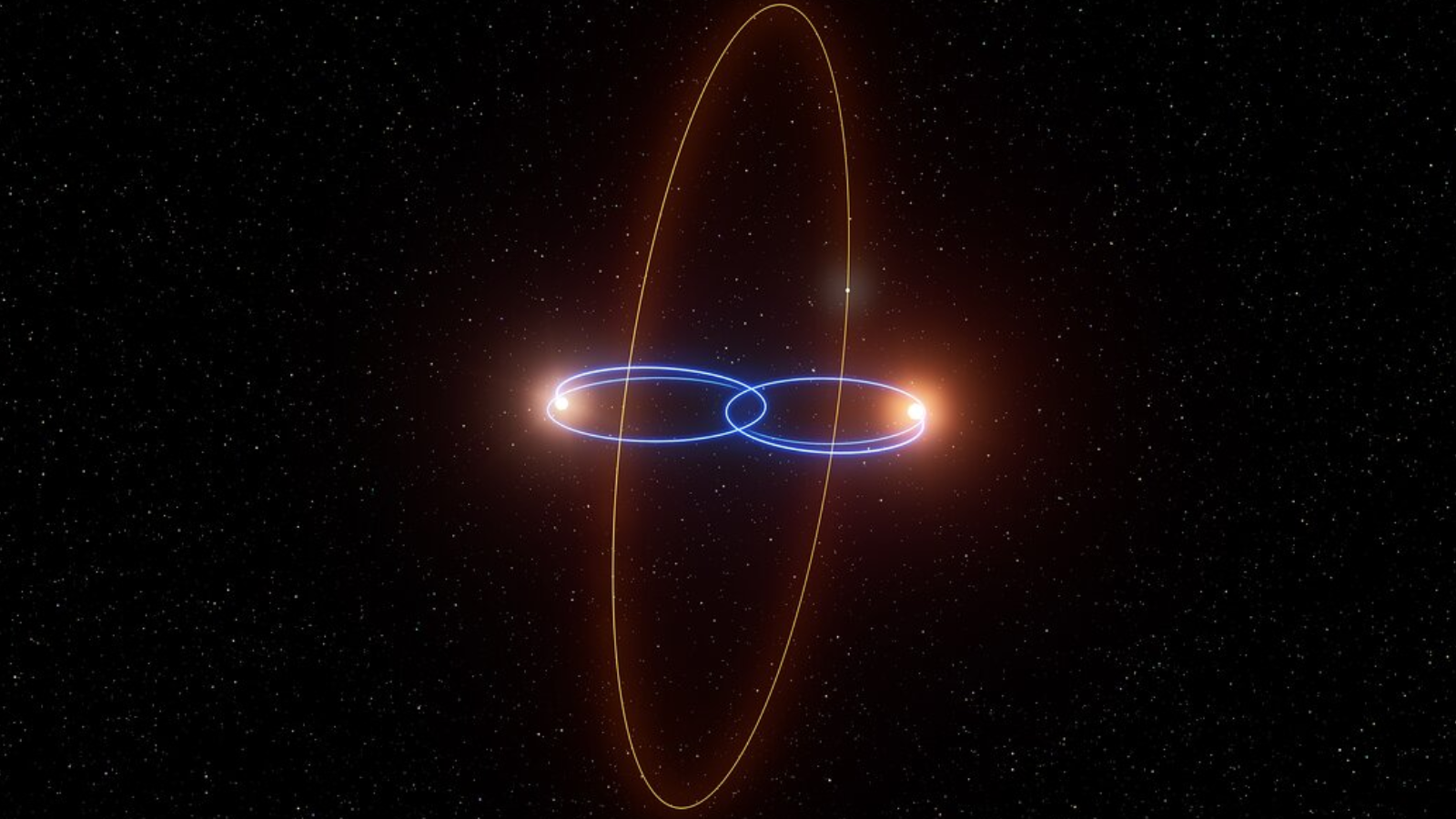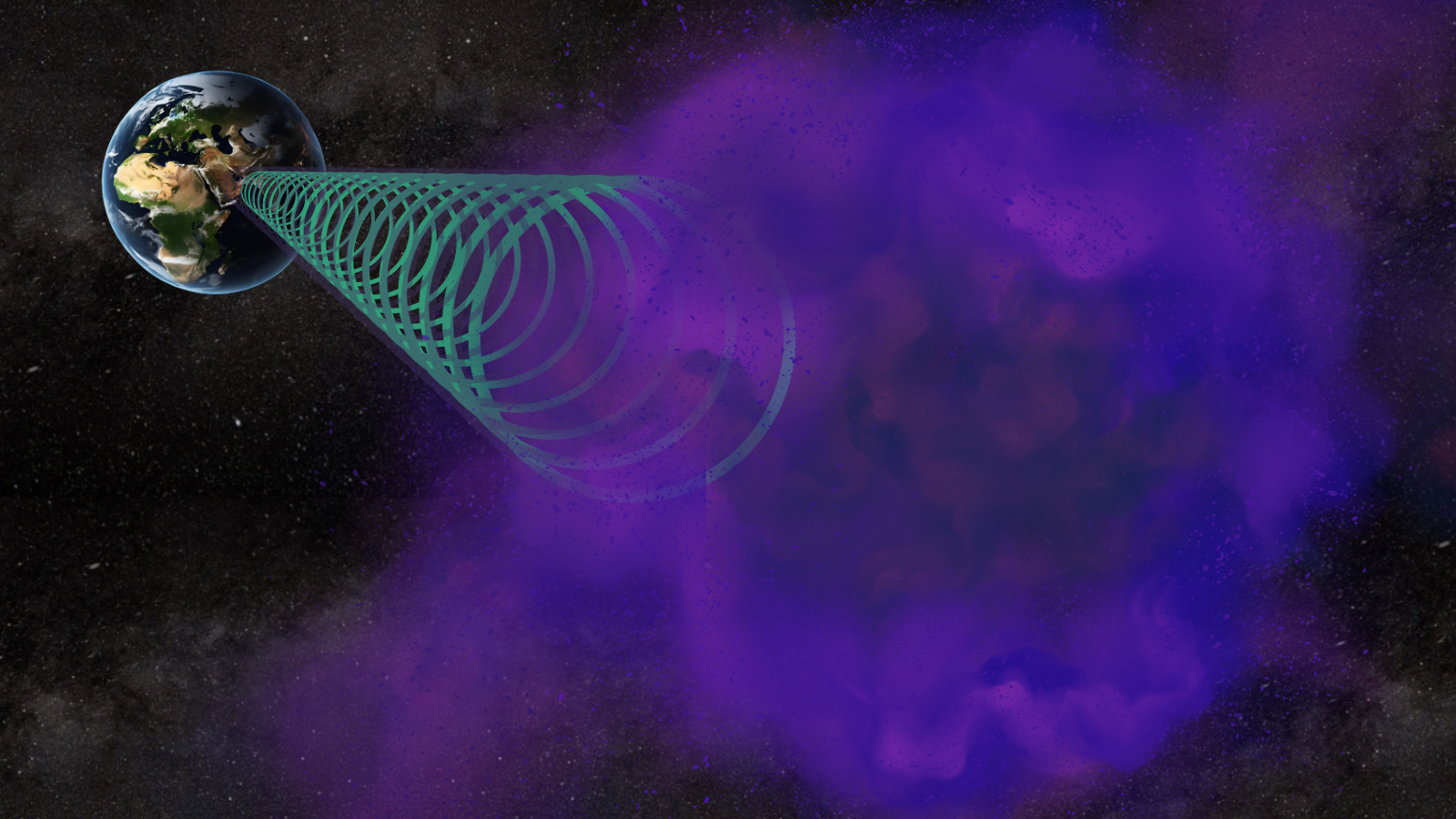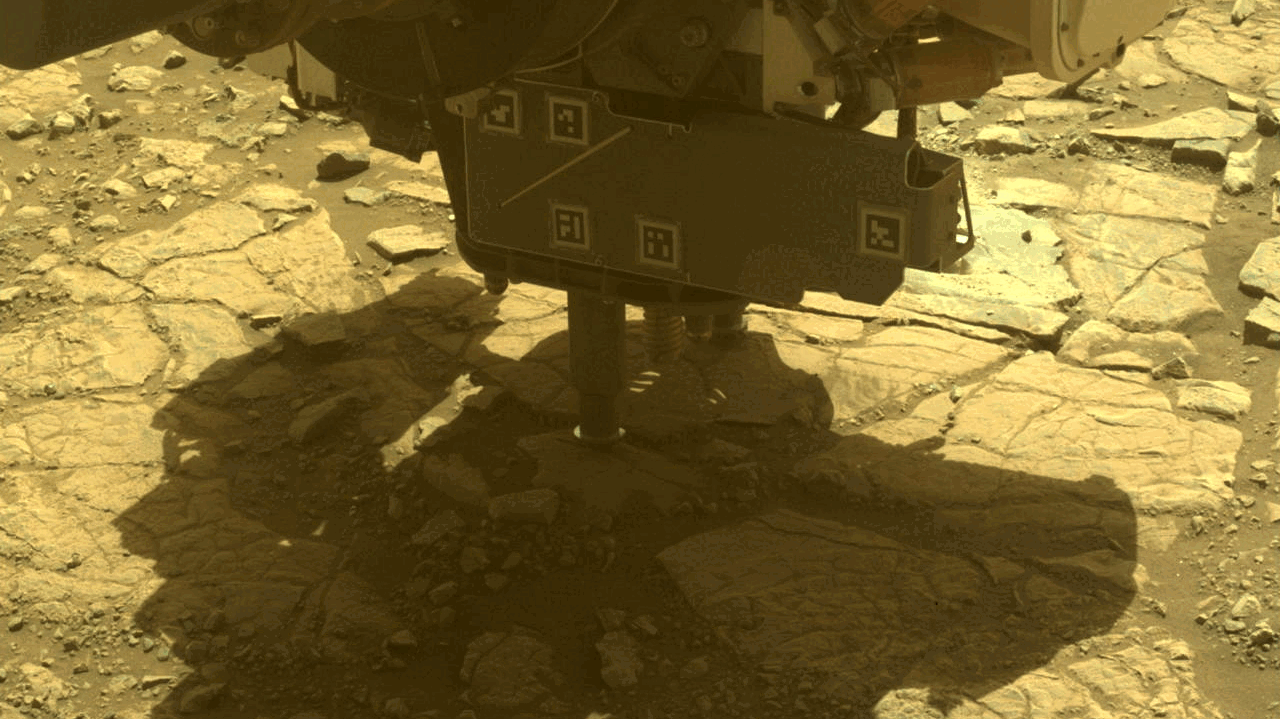Doomed Russian Space Station Cargo Ship Will Fall Back to Earth Soon
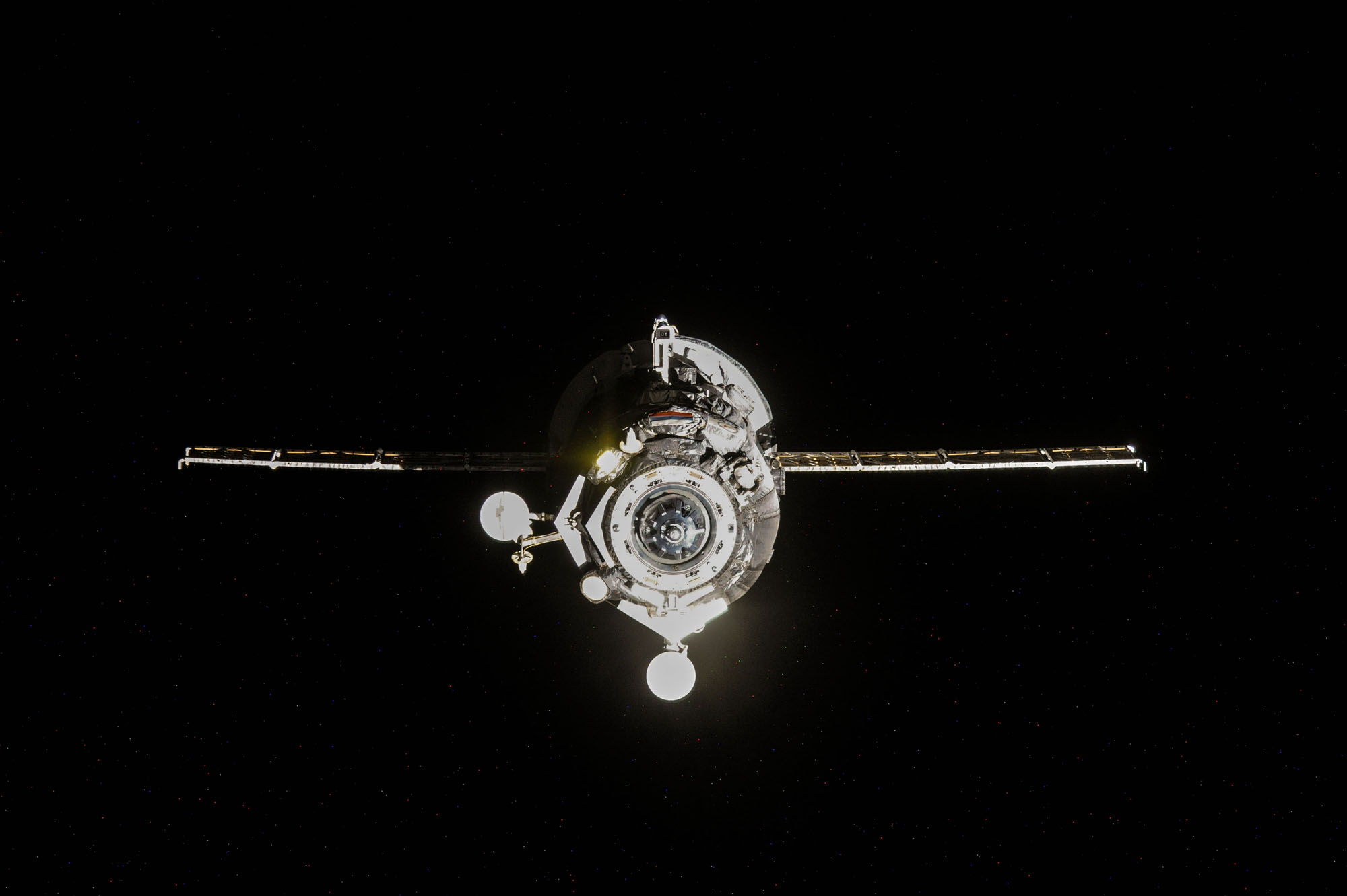
An ailing Russian cargo spacecraft is falling from space and will soon meet a fiery demise in Earth's atmosphere after suffering a serious malfunction on Tuesday (April 28), a NASA astronaut said today.
The unmanned Progress 59 spacecraft is doomed to burn up in Earth's atmosphere in the next few days after failing to deliver more than 3 tons of supplies to the International Space Station, NASA astronaut Scott Kelly told reporters in a series of televised interviews. Video directly from Progress 59 has shown it to be tumbling in an out-of-control spin.
"We were both told recently by both the U.S. and Russian flight control centers that Roscosmos [Russia's space agency] announced that the Progress will not be docking and will re-enter the Earth's atmosphere here some days in the future to be determined," Kelly said from the station as he and crewmate Mikhail Kornienko answered questions.
Russia launched the Progress 59 cargo ship Tuesday atop a Soyuz rocket from Baikonur Cosmodrome in Kazakhstan. The launch went smoothly, but shortly after the spacecraft separated from its rocket, Russian flight controllers had difficulty receiving telemetry data from the craft.
Later in the afternoon, NASA reported that the Russian flight controllers were unable to send commands to Progress 59, and that it was spinning uncontrollably. Repeated attempts to regain control of the automated spacecraft have been unsuccessful.
Today, the U.S. Air Force Space Command reported that its space junk tracking center has spotted 44 piece of debris near the Progress 59 spacecraft. However, officials with the Air Force's Joint Functional Component Command (JFCC) at the Joint Space Operations Center, which is monitoring the spacecraft, were unsure if the debris was from Progress 59 itself or the craft's upper-stage rocket body. Air Force officials said they will continue to track the spacecraft.
"Human spaceflight safety is our chief concern," Lt. Gen. Jay Raymond, JFCC Space and 14th Air Force (Air Forces Strategic) Commander, said in a statement. "We will continue to monitor the situation and work with our government, international and industry partners to ensure the safety of the astronauts onboard the ISS and provide for the long-term safety, sustainability, security and stability of the space domain."
Get the Space.com Newsletter
Breaking space news, the latest updates on rocket launches, skywatching events and more!
NASA spokesman Dan Hout at the Johnson Space Center in Houston told Space.com today that the debris around Progress 59 does not pose a threat to the International Space Station or the crew on board. Huot stated yesterday that the crew is also not in danger of running out of essential supplies, despite the loss of the Progress 59 cargo, and has about four months of supplies on hand.
Versions of Russia's unmanned 24-foot long (7.3 meter) Progress spacecraft have been used by the Russian space agency since 1978. The robotic cargo ships have been hauling cargo to the space station since 2000, with one crash in 2011 related to a rocket malfunction.
Russia's Progress spacecraft are disposable vehicles designed to burn up in Earth's atmosphere after completing their missions.
Follow Calla Cofield @callacofield.Follow us @Spacedotcom, Facebook and Google+. Original article on Space.com.
Join our Space Forums to keep talking space on the latest missions, night sky and more! And if you have a news tip, correction or comment, let us know at: community@space.com.

Calla Cofield joined Space.com's crew in October 2014. She enjoys writing about black holes, exploding stars, ripples in space-time, science in comic books, and all the mysteries of the cosmos. Prior to joining Space.com Calla worked as a freelance writer, with her work appearing in APS News, Symmetry magazine, Scientific American, Nature News, Physics World, and others. From 2010 to 2014 she was a producer for The Physics Central Podcast. Previously, Calla worked at the American Museum of Natural History in New York City (hands down the best office building ever) and SLAC National Accelerator Laboratory in California. Calla studied physics at the University of Massachusetts, Amherst and is originally from Sandy, Utah. In 2018, Calla left Space.com to join NASA's Jet Propulsion Laboratory media team where she oversees astronomy, physics, exoplanets and the Cold Atom Lab mission. She has been underground at three of the largest particle accelerators in the world and would really like to know what the heck dark matter is. Contact Calla via: E-Mail – Twitter



